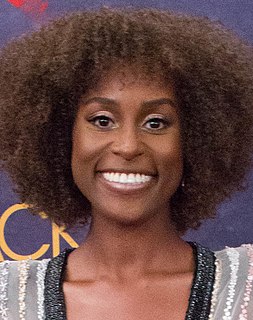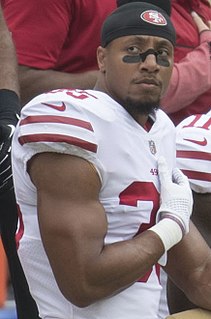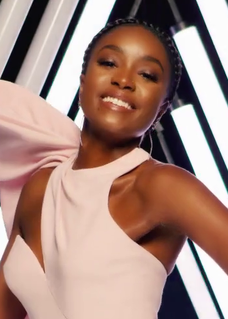A Quote by Daniel Kaluuya
I go to Uganda, I can't speak the language. In India, I'm black. In the black community, I'm dark-skinned. In America, I'm British.
Related Quotes
This will play right into Obama's hands. He's humanitarian, compassionate. They'll use this to burnish their, shall we say, 'credibility' with the black community -- in the both light-skinned and dark-skinned black community in this country. It's made-to-order for them. That's why he couldn't wait to get out there, could not wait to get out there.
I've always been 'other' in all the spaces that I've been in. Even when I first moved to America, just the idea that I was a dark-skinned black girl from England with an accent. It's one thing to be a black girl, but it's another to be a dark black girl. I was chastised for that. I was chastised for the way I spoke.
Light-skinned black people are seen to be closer to white people. The allegiance to lighter-skinned people has operated in a very destructive way that we have internalized ourselves inside black communities. You look at many of the prominent black people in this society who have been able to do well. Many have been lighter-skinned.
For black people who are really dark - and a lot of black people were averse to be dark skinned - it was believed that you'd be so dark that you couldn't see them at night unless they were smiling or you could see the whites of their eyes. At one time, it was a sharp comic barb that got levelled at some people.
The beauty of the literary art, the grappling with the black church, the wrestling with one's identity in the bosom of a complicated black community that was both bulwark to the larger white society as well as a threshing ground, so to speak, to hash out the differences that black people have among ourselves.
When you're a Black actress, the box that we often get put in is so small. And me being a dark-skinned Black actress, the opportunities become so limited in a way that is just wrong. It's not fair. I'm so capable of playing a wide variety of roles. It comes down to whether or not I'm given the opportunity to do it.
For black America needs a politics whose first mission isn't the reinforcement of the idea of black America; and a discourse of race that isn't centrally concerned with preserving the idea of race and racial unanimity. We need something we don't yet have: a way of speaking about black poverty that doesn't falsify the reality of black advancement; a way of speaking about black advancement that doesn't distort the enduring realities of black poverty.


































